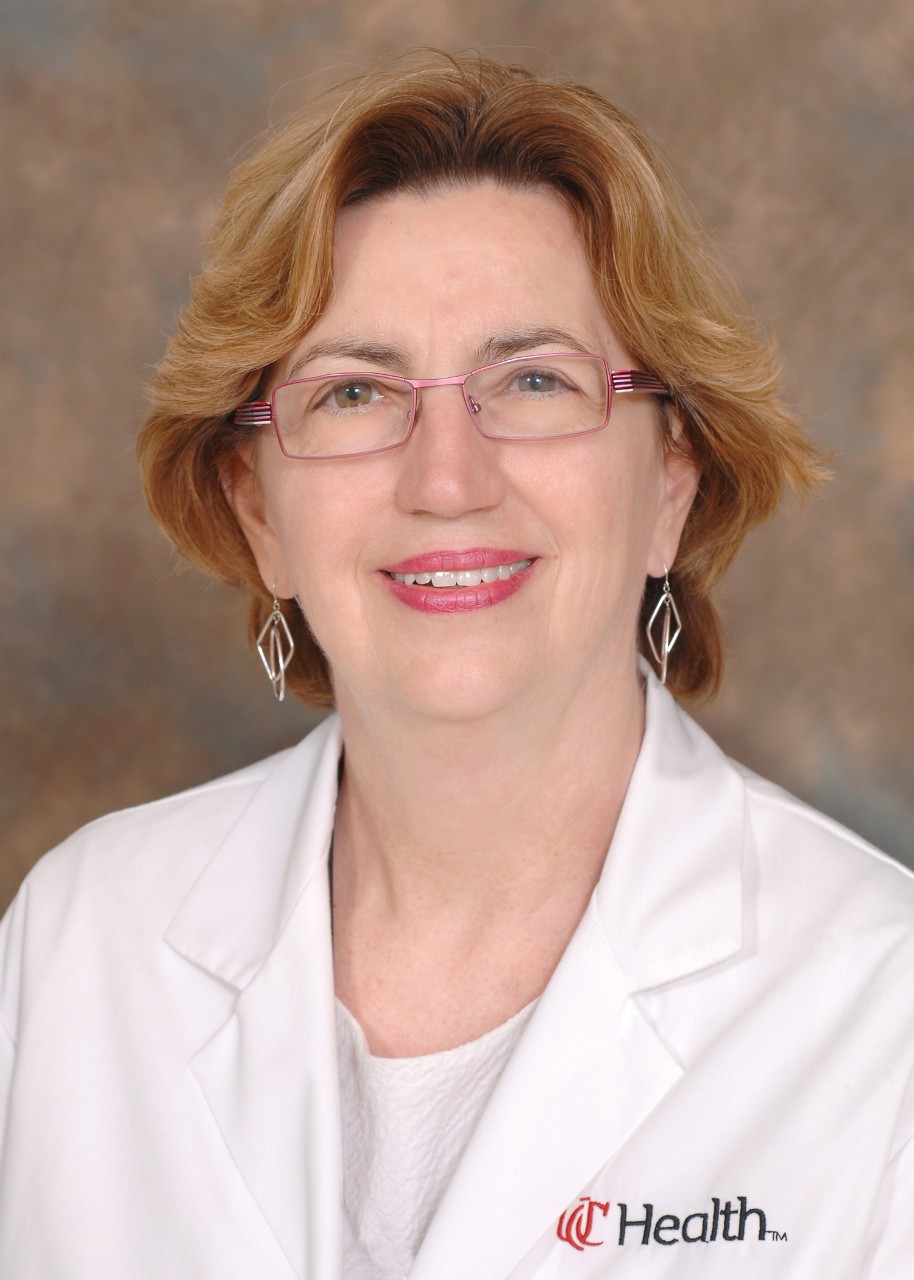
WVXU: Is it time to stop 'falling back?' Sleep experts say yes
UC expert says the biggest issue around the time change is school safety
The semi-annual changing of clocks by an hour in the spring and fall has detrimental health impacts and some experts say it's time for that practice to be abolished including the American Academy of Sleep Medicine (AASM) and the American Medical Association (AMA). In a position statement published in 2020 in the Journal of Clinical Sleep Medicine, the AASM reports there are negative health effects associated with switching to daylight saving time, including increased risk of stroke, cardiovascular deaths, myocardial infarction, hospital admissions from acute atrial fibrillation and more. The AMA has also come out in favor of year-round standard time.
Ann Romaker, MD, of the Division of Pulmonary, Critical Care and Sleep Medicine at the UC College of Medicine, spoke to WVXU on the topic.

"When you have a miss-alignment between the timing of your own body clock and what the rest of the world wants you to do, they call that 'social jet lag.' You didn't get to fly to Europe or go anywhere but you get the negative effects," Romaker says.
When most of the country switches to daylight saving time in the spring, Romaker says research shows there's "more inflammatory chemicals running loose in the body. There's lower tone of the vagus nerve, which is the one that controls the heart and swallowing, so there's a higher heart rate and higher blood pressure and reduced sleep during daylight saving time in the summer," she says. "In the fall when you go backwards, that's been associated with mood disturbances and increased rates of suicide; traffic accidents increase in the first few days after the change, and fatal crashes increase 6% in the United States."
For Romaker, school safety is the biggest reason to stay on standard time year-round.
"When you have kids going to school in the dark in the morning, there's clear evidence that there's a much higher incidence of car accidents involving children," Romaker says. "We come home from work in the dark in standard time but we're a little more used to that and the kids aren't on the road. We do better with driving and accident rate when we follow the standard schedule."
Next Lives Here
The University of Cincinnati is classified as a Research 1 institution by the Carnegie Commission and is ranked in the National Science Foundation's Top-35 public research universities. UC's graduate students and faculty investigate problems and innovate solutions with real-world impact. Next Lives Here.
Related Stories
President picks exceptional talent
April 28, 2021
The University of Cincinnati 2021 Presidential Leadership Medal of Excellence Awards honor six undergraduate scholars for scholarship, leadership, character, service and the ideals of the university. Awardees are spotlighted for exceptional academics, creativity, community service and innovation.
Grad students earn president's highest honor
April 28, 2021
The University of Cincinnati 2021 Presidential Medal of Graduate Student Excellence Awards honor three graduate scholars for scholarship, leadership, character, service and the ideals of the university. Awardees are spotlighted for exceptional academics, creativity, community service and innovation.
GIVEHOPE and BSI Engineering Celebrate Ten Years of Driving Research
August 3, 2021
Years after two personal losses from pancreatic cancer, Cincinnati-based nonprofit GIVEHOPE and consulting firm BSI Engineering are celebrating a philanthropic partnership that has funded 13 pilot research projects at the University of Cincinnati Cancer Center.
Finding community and building a future
July 9, 2021
As a University of Cincinnati College of Medicine student, Sarah Appeadu, MD, ’21, remembers journaling on the “3 Cs” that got her through medical school: Community, community, community. Now, when she lists the people who supported her through four years of training—the last year in a global pandemic—it keeps growing: her family, her church, her classmates, and the college’s Office of Student Affairs and Office of Diversity, Equity and Inclusion. “I look back and it was such a crucial time to really be nurtured in that way,” she says. “I’m so thankful that I had those people. It shows being around the right people really mattered. That’s my same hope for residency even.”
UC to honor 2,079 grads at summer Commencement
August 2, 2021
UC celebrates the 2021 summer Commencement on Friday in two ceremonies at Fifth Third Arena. On Saturday, UC will recognize 2020 grads with an in-person Commencement celebration.
New York Times: Flint Weighs Scope of Harm to Children Caused by Lead in Water
February 1, 2016
Kim Dietrich, a professor of environmental health at UC's College of Medicine, is quoted in this story on the medical problems that could develop among the thousands of young children exposed to lead-contaminated water in Flint, Mich.
Cancer-Causing Gene Found in Plasma May Help Predict Outcomes for Patients
February 18, 2016
Researchers at the University of Cincinnati have discovered that a human cancer-causing gene, called DEK, can be detected in the plasma of head and neck cancer patients.
UC Receives $1.9 Million to Study Pain
February 15, 2016
Jun-Ming Zhang, MD, of the UC College of Medicine, is the principal investigator of a $1.95 million grant to study the interacting roles of the sympathetic and sensory nervous and immune systems in back and neuropathic pain models.
MD Magazine: Generic Drug Equally Effective in Epilespy
February 22, 2016
Michael Privitera, MD, a professor of neurology at UC's College of Medicine and director of the Epilepsy Center at the UC Neuroscience Institute, is featured in this story about research he led that examined the efficacy of generic drug substitution for epilepsy.
UC to Host Regional Conference for Latino Medical Student Association
February 10, 2016
The University of Cincinnati chapter of the Latino Medical Student Association (LMSA) will host a Midwest regional conference Feb. 26-28, 2016, at the College of Medicine.
